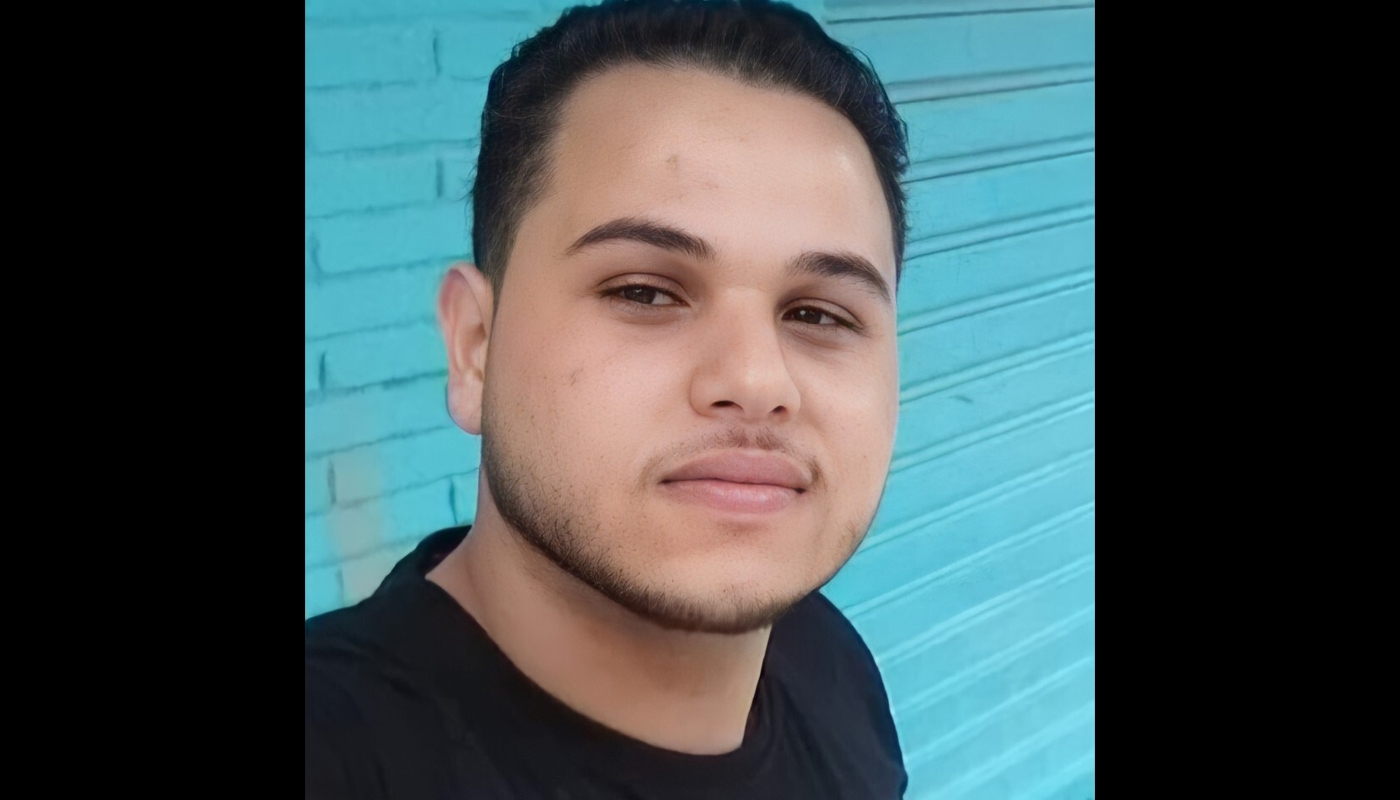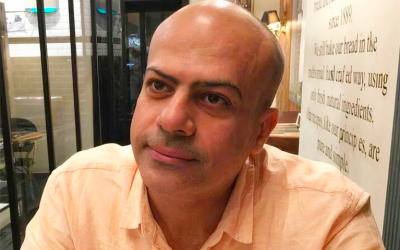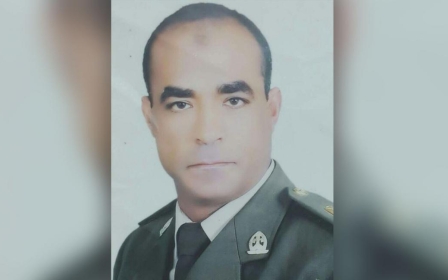Egypt: Young man who died in police custody suffered torture, report finds

An Egyptian man who died in police custody was subjected to brutal and harsh interrogation, which amounted to torture practice, a rights group claimed on Friday.
The Egyptian Network for Human Rights (ENHR) said in a report that Mustafa Nafe Ramadan, better known as Disheh, was held for nearly two weeks in police custody before being announced dead on Friday 5 August.
The 19-year-old from el-Raml neighbourhood in the coastal city of Alexandria, who worked as a car electrician and had no criminal record, was interrogated by three officers for the duration of his detention, said the group, which monitors torture practices in Egypt.
It added that Disheh suffered from "torture and the continuous assault on him by severe beatings in different parts of his body by the officers" at the police station.
New MEE newsletter: Jerusalem Dispatch
Sign up to get the latest insights and analysis on Israel-Palestine, alongside Turkey Unpacked and other MEE newsletters
'[Disheh] was well-behaved and had a clean criminal record, as he had not been arrested before and had not entered a police station before his arrest'
- The Egyptian Network for Human Rights
"[Disheh] was well-behaved and had a clean criminal record, as he had not been arrested before and had not entered a police station before his arrest. He was loved by the neighbours in the area in which he lived," ENHR said in a statement.
ENHR said that when his family received Disheh's body they found bruises on his back and neck, an injury on the left side of his head caused by a sharp tool, and other injuries in the lower jaw and nose.
It also said that during his detention an Egyptian officer threatened Disheh's mother when she came to check on him at el-Raml 2 police station, telling her, "I will let you grieve for him soon."
According to a statement by the interior ministry, Disheh was arrested on suspicion of possession of a firearm. The statement denied the accusations of torture, saying the young man died after a fight with a cell inmate.
Arbitrary arrest
ENHR said that Disheh was arbitrarily arrested on 23 July when he was sitting in a coffee shop with a friend in Ard al-Mufti al-Jadeedeh area in el-Raml. An argument broke out between Disheh and an officer after police came to arrest the two friends. Disheh was insulted and slapped before he and his friend were arrested.
The police accused Disheh of possessing a gun, which he denied. ENHR said that Disheh was carrying a cutting tool, which he uses for his work, to cut cables and wires on cars.
His mother told ENHR that the family could not see him and refrained from complaining about the police officers, as they feared it would lead to increased "torture". They left food, clothes and other necessities for Disheh at the police station. Then, on 6 August, they were advised by the police to receive his body at Kom ad-Dikka morgue in Alexandria.
The family are waiting for an official autopsy after submitting a request to the Public Prosecution Office, although it has authorised the burial of Disheh's body on Sunday.
Torture in Egypt
In the first 11 months of 2021, Egypt's El-Nadeem Centre for the Rehabilitation of Torture Victims documented around 93 incidents of torture in police detention, along with 54 deaths in police custody.
The issue of torture in Egypt has been under the international spotlight since an Italian parliamentary panel accused the Egyptian security apparatus of the kidnapping, torture and murder of Italian student Giulio Regeni in Cairo in 2016. A post-mortem examination showed he had been tortured before his death.
Since President Abdel Fattah el-Sisi came to power in 2013 in a military coup, his government has been accused of overseeing the worst crackdown on human rights in the country's modern history. Thousands have been jailed, tortured and forcibly disappeared, while others have been forced to live in exile for fear of repression.
Sisi justifies his crackdown as part of his government's "fight against terrorism", but many rights groups have documented its systematic use of counterterrorism laws to prosecute Sisi's peaceful critics.
Middle East Eye delivers independent and unrivalled coverage and analysis of the Middle East, North Africa and beyond. To learn more about republishing this content and the associated fees, please fill out this form. More about MEE can be found here.





